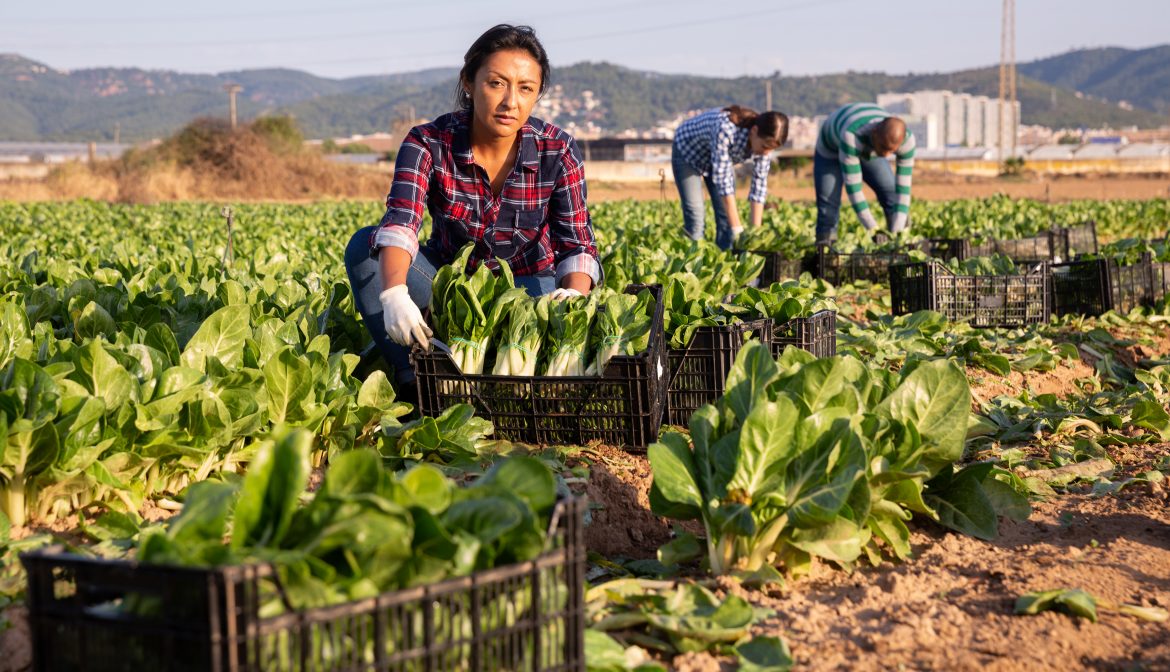A government-sponsored report has observed that empowering female workers in supply chains could ease some of the effects of climate change.
Supported by the FCO, the report, among other things, looks at how gender and climate change are related in three industries with sizable female labour markets.
In order to evaluate the possible effects of decarbonization on female workers in the Kenyan horticulture sector, another desk-based study was conducted with Waitrose.
According to a study conducted in Kenya, more women are employed as farmers than in other sectors of the supply chain, such as transportation and processing.
Accelerating the adoption of climate-smart agriculture by female farmers provides a direct route to decarbonization in the near future.
Read also: Flood: IMF says Nigeria risks food crisis in 2023
The Primark Sustainable Cotton Programme in India, a three-year training program that covers sustainable farming practices from seed selection to planting to soil to water to pesticide and pest management, was also the subject of research.
When compared to a set of control farmers, it led to female farmers use 40% less fertilizer, 44% less insecticide, and 10% less water. They also saw a 200% gain in cotton earnings over the level attained by the control farmers.
The agricultural industry has a significant role to play in resolving the climate crisis because it is responsible for one-third of the anthropogenic greenhouse gas emissions causing climate change.
The paper makes several suggestions for potential ways to boost women’s economic empowerment while also constructing agricultural supply networks that are more climate-resilient and low-carbon.
Amanda Blanc, CEO of the Aviva Group, said: “We can’t solve the climate crisis without involving women. And we won’t create equality for women unless we address the climate crisis. With so much at stake, it is negligent beyond belief to ignore the impact on half the world’s population and the contribution women can make.”
Lisa Manley, vice president, of sustainability at Mars, said that the company had a long-standing commitment to supporting climate action and gender equality.
“As we progress our Net-Zero Commitment and our Cocoa for Generations plan, it is becoming clear that the two issues are inextricably linked. Women are central to climate mitigation and resilience – and they’re disproportionally impacted by the risks of climate change,” she added.
Story was adapted from Export.org.
